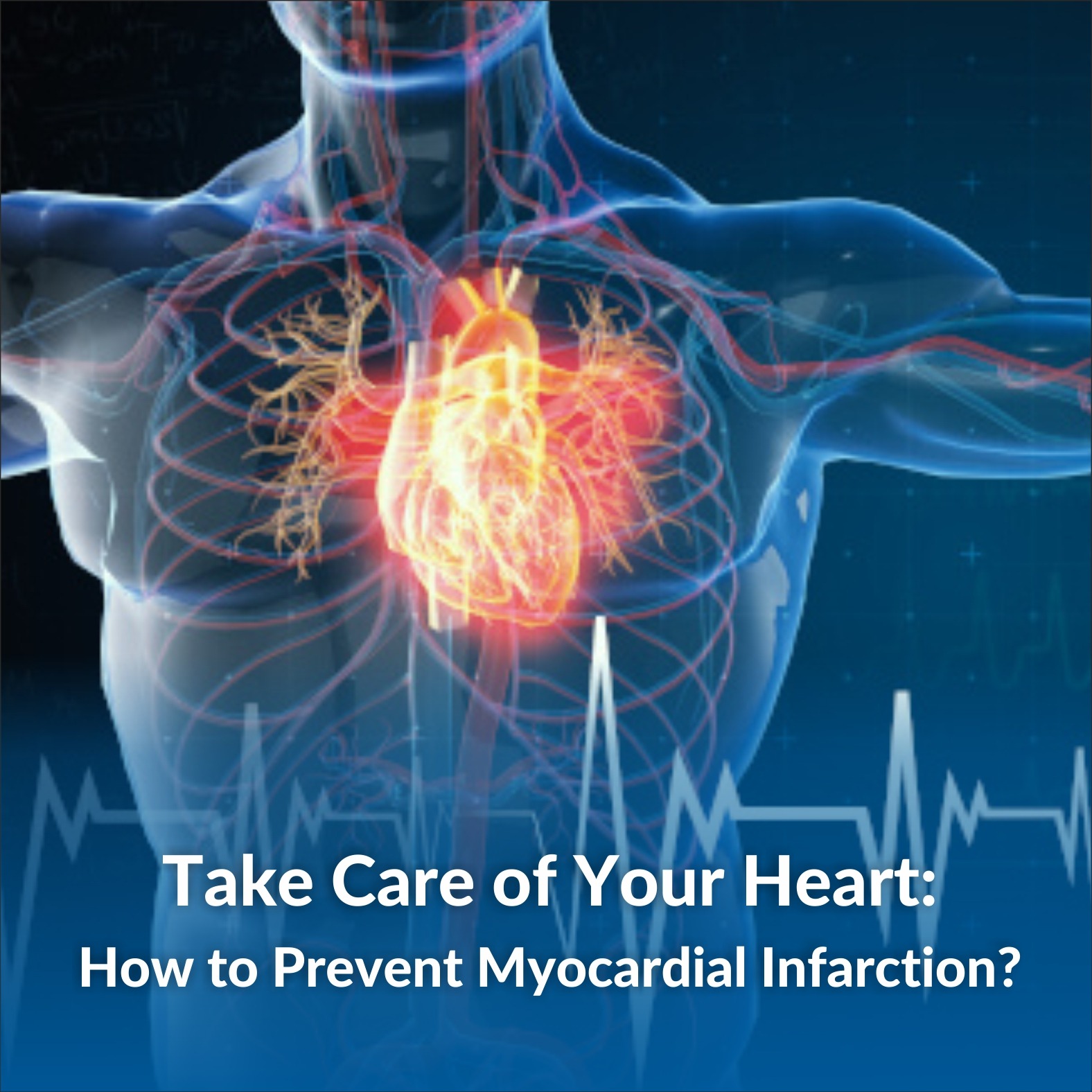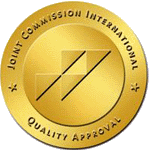«Take Care of Your Heart: How to Prevent Myocardial Infarction? »

Cardiovascular disease, the leading cause of morbidity and mortality, is a major problem. According to the WHO, 17.1 million people die each year as a result of heart attacks and strokes.
The leading risk factors for cardiovascular diseases are recognized to be: smoking, excessive body weight, low physical activity, arterial hypertension, excessive consumption of alcohol and energy drinks.
Diseases that were previously characteristic of men have become more common in women as well. Women who smoke (there is an increase in the number of female smokers), suffer from diabetes mellitus, and have 3-4 times the risk of cardiovascular disease.
Serious damage to or death of the heart muscle is caused by spasm or blockage of blood vessels that feed the heart muscle, resulting in myocardial infarction. This is a life-threatening condition, and it is very important to prevent the development of such complications.
Important parameters to monitor:
1. Blood pressure.
The recommended numbers are below 130/85 mmHg. - norm,
less than 120/80 mm Hg. - optimal, regardless of age.
If 140/90 mm Hg or higher is noted - you need to see a doctor.
2. Body weight - there is an index - body mass index (BMI).
Calculation formula: BMI = body weight in kg / height in m2. the norm - from 18.5 - 24, 9
If the BMI is between 25 - 29.9 - overweight - this is an indication for weight loss, proper diet and exercise.
If BMI is above 30 or more - obesity, then an examination and weight reduction under medical supervision is required.
3. Physical activity tolerance.
A 6-minute test - walking - is recommended. If the person is able to walk 563 m or more in 6 minutes, he or she does not have heart failure. If only 420 m, it is necessary to go to the doctor, to start the examination. If he walked 372 - 287 m - then the person needs monitoring and treatment.
To prevent the development of cardiovascular disease is recommended:
- giving up smoking, abuse of alcohol and energy drinks
- Less salt, animal fats, more fruit and vegetables, fish, and seafood
- blood pressure less than 130/80 mm Hg
- cholesterol less than 5 mmol/l
- Body mass index less than 25
- Waist circumference less than 94 cm for men and 80 cm for women
- physical training, at least 30 min 5 days a week
- avoid chronic stress
- Have regular preventive medical check-ups.
Important to remember! To postpone the development of heart disease, blood vessels and their complications, preventive measures should become a way of life!




